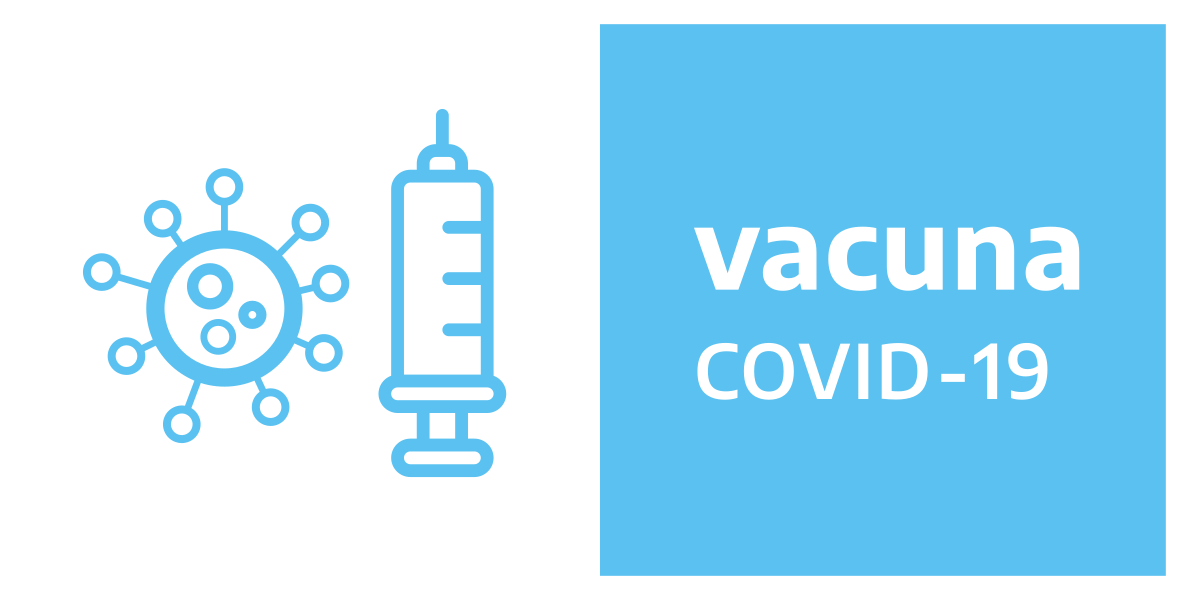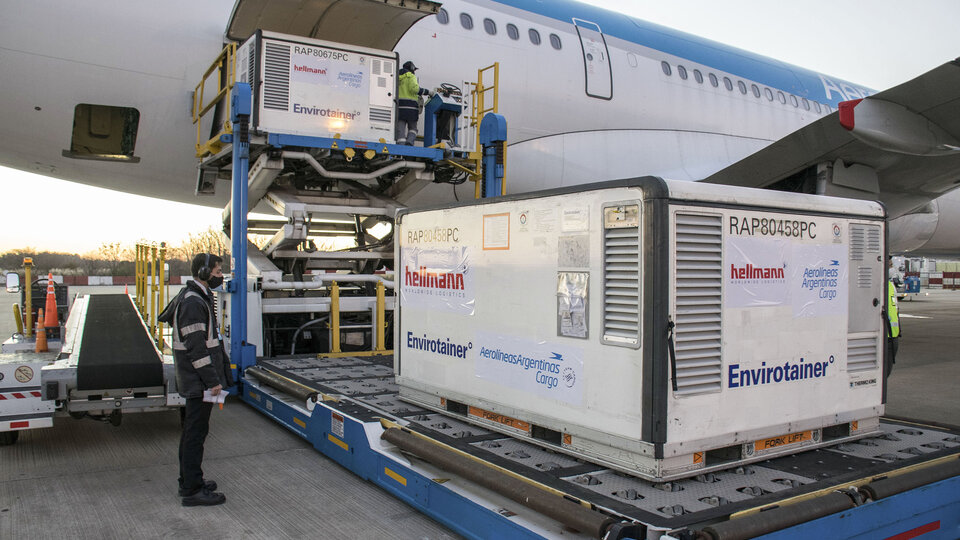13 August 2021....Source: Clarin.com
"Formula Merkel"....why the Argentine gov't promotes inoculation with a different vaccine as the second dose for Oxford-AstraZeneca. The
por qué el Gobierno impulsa una segunda dosis distinta para AstraZeneca / Sociedad
Mientras que en Argentina se destacó la necesidad de administrar vacunas contra el coronavirus con dosis de diferentes laboratorios comotitulares.ar
initiative of the combined schemes includes an extra option, of which little and nothing has been said so far: the "cross" of Oxford- AstraZeneca with Moderna....Given that Pfizer and Moderna are "cousins" (both from the US, both built on mRNA platforms), it was logical to assume (as Merkel would have done) that the result of both acting as "drivers" (reinforcement) for AstraZeneca would be more or less similar....
....The Gov't not only promotes that those who started their scheme with the Russian vaccine can complete it with AstraZeneca or Moderna,
but also that those who started with AstraZeneca can complete it with Moderna....We must not forget the context: the authorities are pending the administration of second doses in the face of what they consider an imminent wave (whose magnitude no one can predict, for now) by the Delta variant, whose severe effects are only manageable with full vaccination schedules....
....As Daniela Hozbor, “Vaccinologist” at the Institute of Biotechnology and Molecular Biology (IBBM) and professor at the UNLP, explained to Clarín, “these schemes generate a more robust response even for the most difficult variants to induce protection, such as the beta variant” ("Former" South Africa)....The authors of the report also say that Moderna would be an excellent choice as a third dose for those who have received the full AstraZeneca scheme. The second issue for which it makes sense to promote heterologous vaccination is timing. The more auspicious the data from the laboratory's pooling, the easier it will be to increase the scope of vaccination, which is now progressing faster but started too slowly in the country. In the face of a potential advance of Delta (or any other variant, in the future), new safe and effective combinations will give more plasticity to any campaign....
Both the WHO and EMA still do not make recommendations on mixing (heterologous) vaccines, which means a lot of countries wont recognise someone as being fully vaccinated when mixing vaccines (even two approved ones for that country) so it may be important to take this into account.

EMA and ECDC update on COVID-19 | European Medicines Agency (EMA)

Interim statement on heterologous priming for COVID-19 vaccines
This interim statement is outdated. The latest interim guidance on heterologous schedules is available here WHO with support of the Strategic Advisory Group of Experts (SAGE) on Immunization and its COVID-19 Vaccines Working Group is reviewing the emerging evidence on the use of heterologous...
"Studies to date of immune responses after a first dose of ChAdOx1-S [recombinant] products followed by an mRNA vaccine (i.e., BNT162b2 or mRNA-1273) show higher neutralising antibody levels and higher T cell-mediated immune responses in comparison with two doses of ChAdOx1-S [recombinant] products and similar levels to those of two mRNA vaccines (1)"






